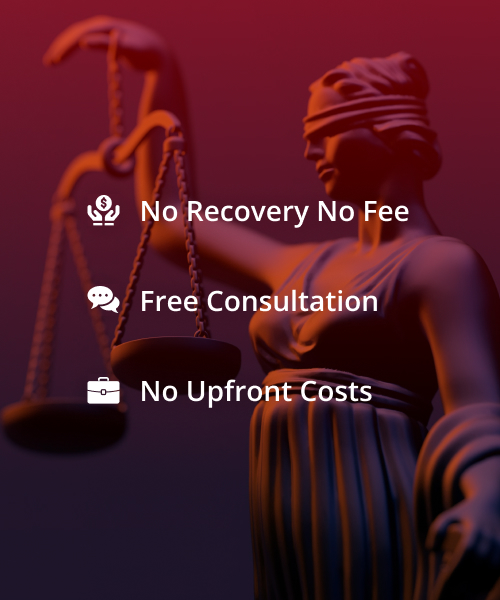- Free Case Evaluation: (305) 577-3777 Tap Here to Call Us
Florida House Bill 837: Your Rights if You are Injured
On March 24, 2023, Governor Ron DeSantis signed House Bill 837 (HB 837) into law, which will affect tort
law and change the way this type of civil litigation is handled. This bill will change how personal injury
and property damage law firms, insurance companies and insureds handle future claims. These changes
will only affect claims and lawsuits made after the bills’ signing on March 24th
-the effective date of thebill. HB 837 was designed or proposed to cause a decline in lawsuits being made against insurance companies and businesses. One example of how the process works is when a person files a claim with their insurance company. This claim can be regarding auto, home, or any type of insurance. The insurance company may choose to pay the entire claim, part of the claim or none of it. The insured could either settle with the insurance company or hire an attorney to file a lawsuit. For claims made before the bill’s passage, the prevailing insured would also be entitled to an award of attorney’s fees. This new law removes attorney’s fees as a penalty for improper denial of benefits. The HB 837 bill will supposedly reduce the number of allegedly frivolous lawsuits against small businesses and carriers, but it will negatively affect the everyday Floridians that have valid insurance claims. The following are changes that were put in place with the HB 837 bill.
The first change is the transition to a modified comparative negligence framework. This means that
before, the recovery would be split depending on what percentage at fault each party had. Now if a
person has more than 50% at fault, then they receive no recovery.
The second change is the limitation on the statute of limitations for a claim. This means that instead of a
four-year statute of limitations, there is now a two-year statute of limitations for negligence claims.
The third change is the limits to bad faith lawsuits against insurers. This means that the insurance
company is given more time to decide whether to pay a claim before they can be held responsible for
the additional damage their delay causes. Also, if there are multiple parties involved, then the insurer is
not liable if they tender the policy limits within 90 days to all claimants.
The fourth change is to the admissibility of medical evidence. This means that medical treatment can
only be admissible as evidence if it was only the amount actually paid, regardless of who paid it. There
are other limitations on presentation and recoverability of medical expenses which strictly favor the
defendant.
The next change is to the amount of attorney fees. Before this bill, the court would decide what the
attorneys’ fees would be based on several factors. Now, that fee is calculated by multiplying the hourly
fee with the number of hours necessary for the case. In addition, the insurance company paid the
attorney fees as part of the recovery for improper claim or coverage denial. After the bill became law,
the insured must pay the attorney fees out of pocket, which would probably come from the amount
received from the insurance company. This would lead to a decrease in recovery given to the insured and
a windfall for the insurance company that can now deny claims with impunity.
The final change is regarding the presumption against liability of property owners. This created a
presumption for owners who implement extra security measures, in cases regarding criminal acts
committed on the owners’ premises. This statute also implements comparative negligence in negligent
security matters. Additionally, criminals will now be allowed to be put on the verdict form for a jury to
consider their percentage of fault which will only serve to reduce the amount of the Plaintiff’s recovery
and shield the negligent defendant.
Although these changes are facially designed as a way of reducing extraneous lawsuits, this bill will
impact regular people who need to claim monetary recovery for damages. In truth, it hurts everyday
Floridians by reducing their rights and rewarding negligent actors and insurance companies by limiting
their financial responsibility for their harmful behavior









